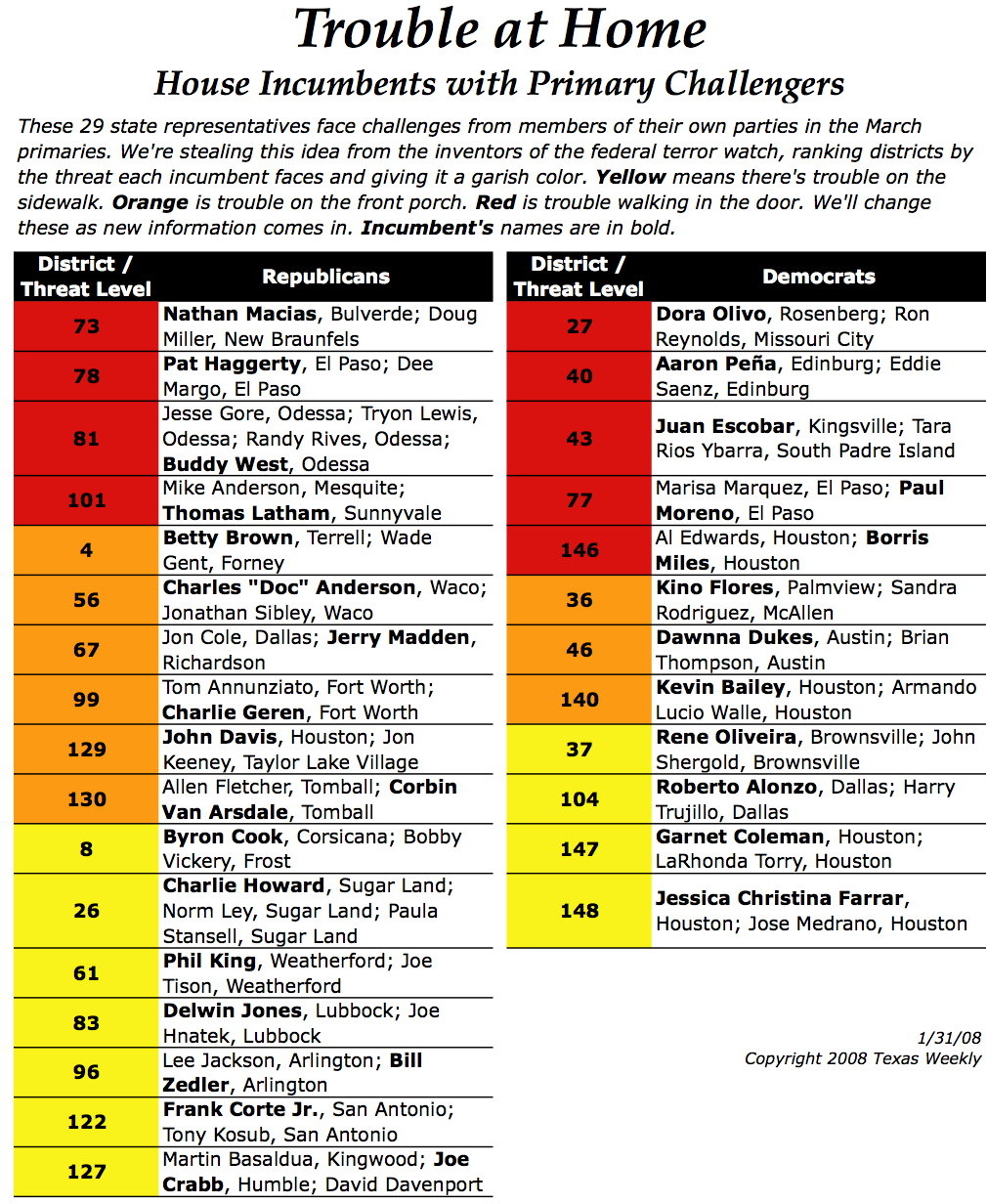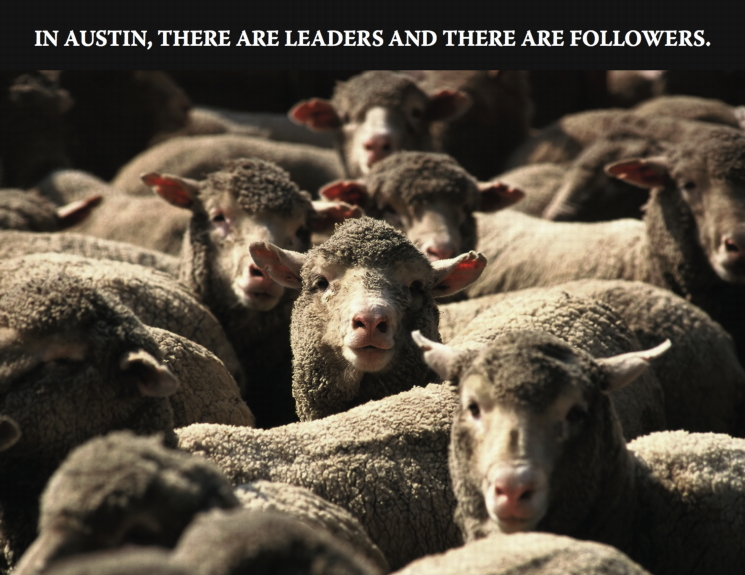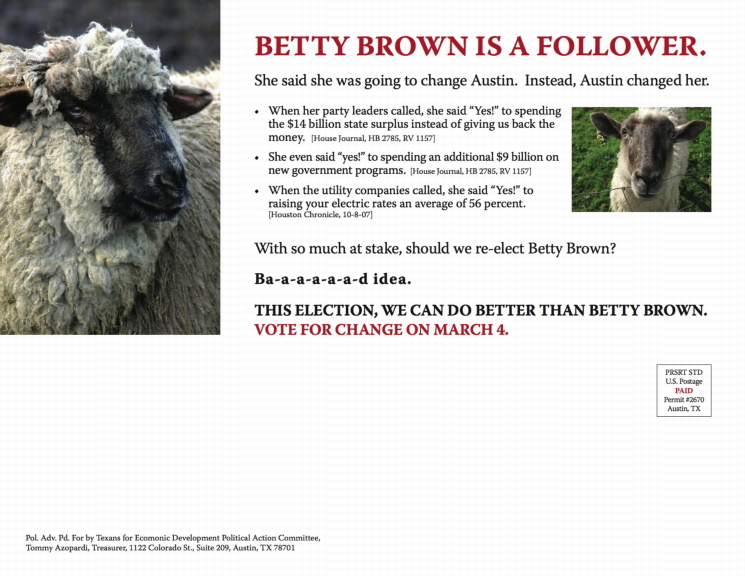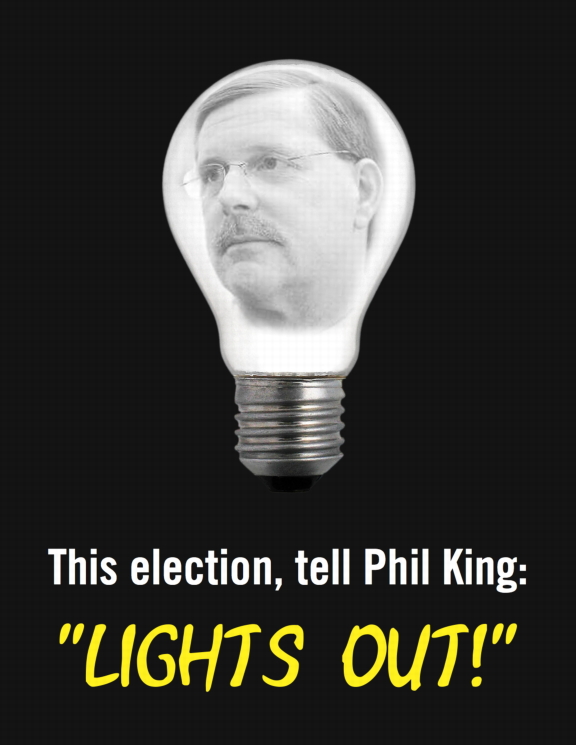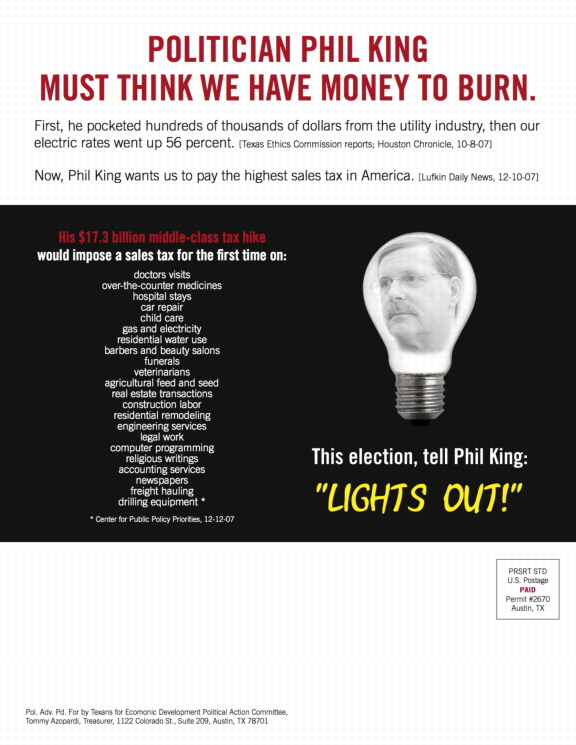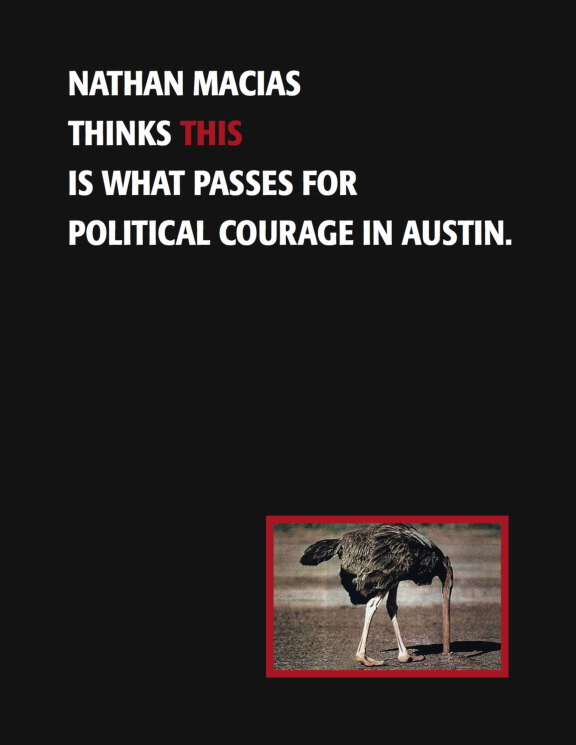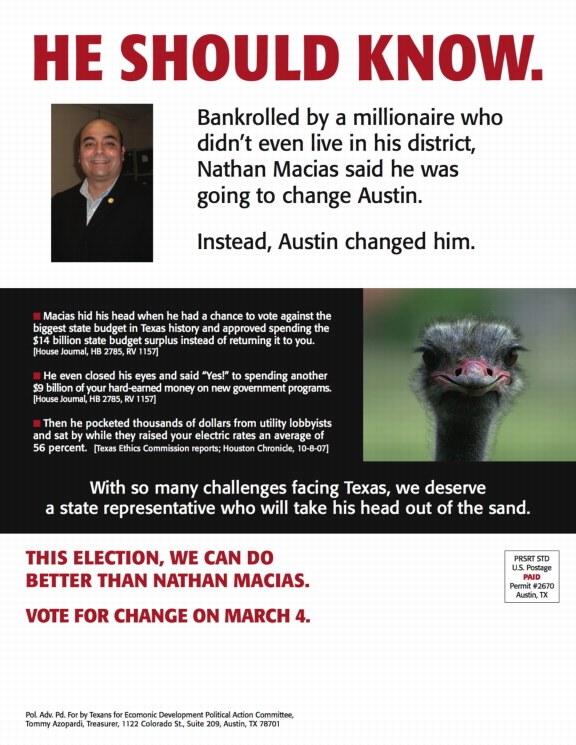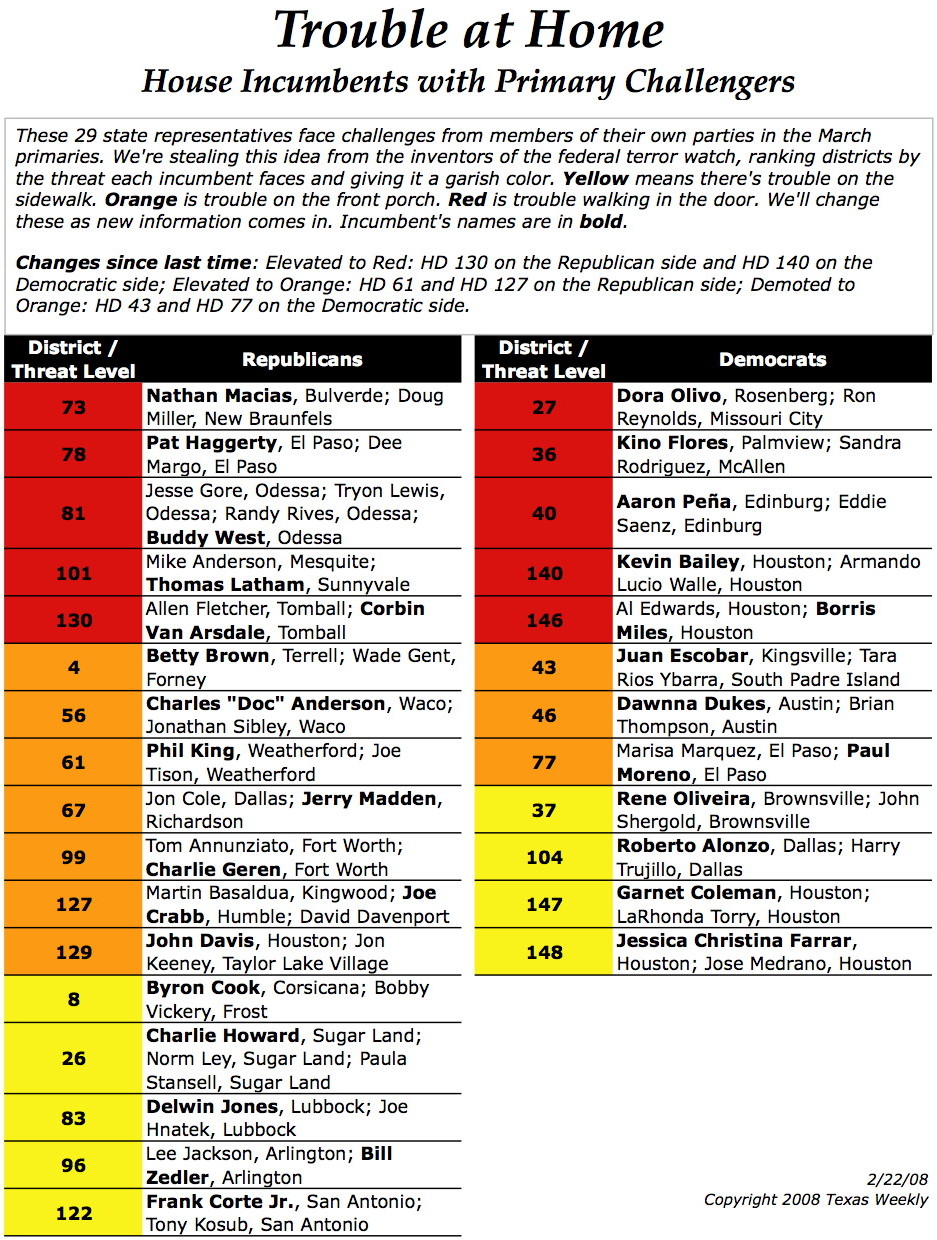A week before the start of early voting in the March 4 party primaries, Hillary Clinton leads Barack Obama in Texas by eight percentage points and John McCain leads Mike Huckabee here by four — a statistical tie — according to polling done for the Texas Credit Union League.
The GOP race is in a statistical tie between McCain, at 45%, and Huckabee, at 41%. Texas Congressman Ron Paul was the favorite of 6%.
In the Democratic primary, Clinton, with 49%, leads Obama, with 41%.
Clinton has to attract attention from people who don't usually vote in primaries, while Obama's first job will be to get the attention of the voters who usually do, said David Beattie, president of Hamilton Campaigns. Democratic primary voters are more familiar with her, he said, while Obama has a job of persuading those who are undecided or with her to come to his side. That's a flip of what's happened elsewhere.
"He has some voters who don't know him," Beattie said. "Everybody knows her. It's a flip of Iowa: He wants to convince voters, and she wants to bring in new voters."
That said, he expects the Democratic primary to swell by 40% to 80% over normal primary levels, as it has in other states during this contest. He expects Hispanic voters — a key constituency for Clinton in Texas — to make up about 30 percent of the primary vote. African-American voters — a key for Obama here and elsewhere — make up about 18 percent in his turnout model (Anglos made up 50% of the Democratic respondents and 94% of the Republicans surveyed).
And both Beattie and his Republican counterpart, Glen Bolger, a partner with Public Opinion Strategies, expect to see some Republicans deciding to cross over and vote in the Democratic primary. Mostly to oppose Clinton.
The main difference between this and past Texas primaries, though, is the obvious one. The races aren't over. "There's a reason to vote," Bolger said.
Huckabee is holding onto social and religious conservatives and other hard-core Republicans, as he has in other states. McCain is doing best with moderate and female Republicans. Bolger sees the stakes as relatively low on the Republican side, since Texas delegates aren't portioned on a winner-take-all basis. "McCain can play for a tie and put it away elsewhere," he said.
Beattie, the Democrat, says the Republican numbers are interesting because there's still a tie. "You have a Republican nominee that has the nomination all but locked up but is still working to get voters. It's not the coalescing that you want to see."
Both pollsters found an absence of animosity among voters about their own candidates. Each of the four leaders have approval ratings above 70 percent from their primary voters. Clinton's voters like Obama, and vice-versa. McCain's like Huckabee, and his like McCain. They just prefer their choice over the other candidate. With the exception of the relatively small group of Republicans who'll cross the line to vote against Clinton, most of those polled are voting for someone and not against someone.
Oh, and both say they expect the electorate to move around — a lot, maybe — as the four candidates campaign in Texas.
"I think you're going to have a very interesting couple of weeks," Beattie said.
The Texas Credit Union League hired a Democratic and a Republican polling firm to run simultaneous surveys of Texas voters earlier this week (February 11-13). For the Democrats, it was Hamilton Campaigns; for the Republicans, Public Opinion Strategies. They each surveyed 400 primary voters — Democrats and Republicans, respectively. Each survey has a margin of error of +/- 4.9 percent.
Some highlights of the TCUL Poll:
• Top national issues for GOP voters are illegal immigration, terrorism and national security, and the economy and jobs. For Democrats, the top three issues are the economy and jobs, the situation in Iraq, and health care.
• Top state issues for Republicans are illegal immigration, property taxes, and education. The state issue lineup for Democrats is education, health care, and illegal immigration.
• McCain leads 49%-36% with voters who plan to vote early; Huckabee has a 45%-42% edge with voters who plan to wait until Election Day on March 4. McCain's strongest support comes from moderate/liberal Republicans and Anglo women. Huckabee's top groups are Anglo men without college degrees, "very conservative and strong GOP", and religious conservatives.
• Huckabee does best in East and West Texas; McCain in South, Central and the DFW areas.
• On the Democratic side, Obama is the 46%-42% favorite with voters who plan to vote early, while Clinton leads 51%-40% with those who plan to wait until Election Day.
• Clinton is strongest with Hispanics and older and Anglo women. Obama is strongest with African-Americans, independents, and men with college degrees.
• Clinton's strengths are in South and West Texas and, narrowly, in East Texas. Obama does best in Central Texas and Houston. And the candidates are locked in a tie in the DFW area.
• Most of the Democratic voters — 85% — say the country's on the wrong track. Republicans split on that question, with 46% saying the country is on the right track and 45% saying it's on the wrong track.
• Huckabee outdoes McCain with voters whose most important issues are terrorism and national security, and illegal immigration. McCain beats Huckabee with those who think the economy and jobs are the most important issues. Huckabee's voters say he shares their values. McCain's are split evenly across four areas: experience, values, electability, and is best able to deal with terrorism and the war in Iraq.
• Clinton's better off with voters who have the economy and jobs, and those concerned with Iraq. Voters with health care at the top of their issue list favor Obama. Those looking for experience like Clinton; those who want change prefer him.
• Just over two-thirds of the GOP voters say they approve or strongly approve of the job George W. Bush is doing as president. Democrats weren't asked that question. The GOP voters were also asked about their state officeholders. U.S. Sen. Kay Bailey Hutchison is known by virtually all of those voters and has favorable or strongly favorable ratings from 87% of them. The state's junior senator, John Cornyn, is known by 85% and viewed favorably by 60%. Gov. Rick Perry is known to virtually all and gets favorable ratings from 62%. Lt. Gov. David Dewhurst: Name identification, 90%, favorables, 52%. Attorney General Greg Abbott: Name ID, 73%, favorable, 40%. And Comptroller Susan Combs: ID, 64%, favorables, 29%.
• And one for the sponsors of the poll: Texas voters apparently like credit unions. More than half of the Republicans and Democrats polled belong to those financial institutions, and more than 75% have a favorable impression of credit unions.
TCUL opened their cross tabs for public inspection. Below, you'll find the pollsters' memo, their summary, and then cross tabs for both the Democratic and Republican voters surveyed.
• TCUL Poll: Executive Summary and Results
• The top-lines of both polls, with questions
• TCUL Cross tabs: Democratic Primary Voters
• TCUL Cross tabs: Republican Primary Voters




